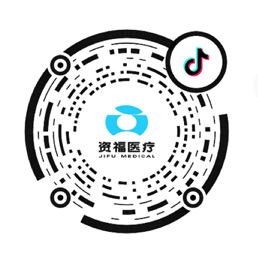Recently, an academic conference focusing on "Artificial Intelligence + Capsule Endoscopy for Gastric Cancer Early Screening and Comprehensive Management" concluded successfully in Beijing. The conference brought together experts and scholars from the fields of gastroenterology, oncology, and endoscopy, as well as representatives from medical technology companies. They jointly explored the application prospects and practical achievements of this innovative technology in the early screening and management of gastric cancer. The conference was highly effective and brought new hope to the field of gastric cancer prevention and treatment.
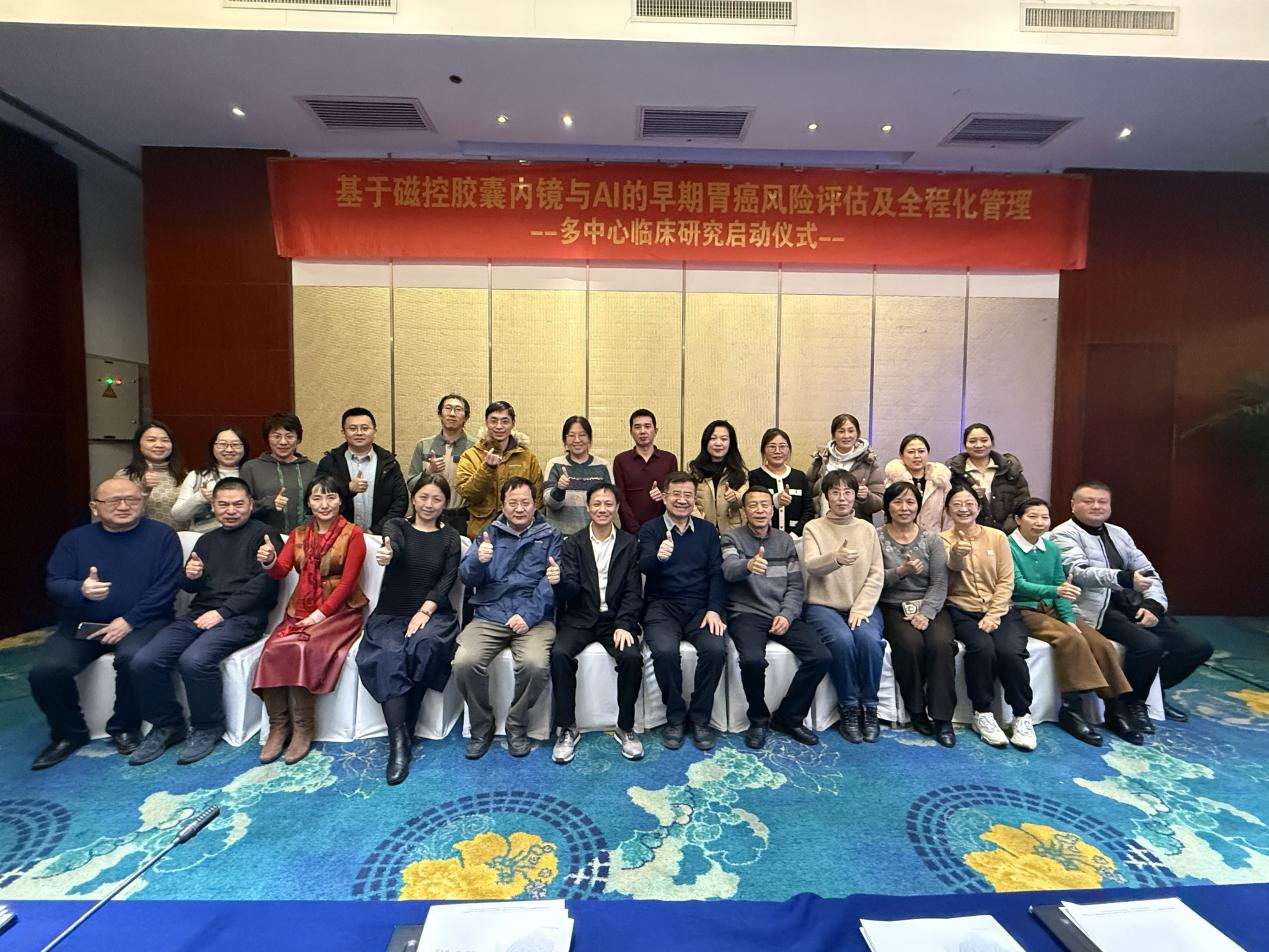
The conference was chaired by Director Zhang Jing from the Department of Gastroenterology at Peking University Third Hospital. Director Ding Shigang from the Peking University Digestive Disease Research Center delivered the opening remarks. Director Wang Ye from the Department of Gastroenterology at Peking University Third Hospital provided an overall introduction to the project. Subsequently, Director Zhang Chuan from the Department of Gastroenterology at Beijing Tongren Hospital, Director Xu Youqing from the Department of Gastroenterology at Beijing Tiantan Hospital, Director Guo Yanyan from the Department of Gastroenterology at Haidian District Hospital, Director Zhu Yuanmin from the Department of Gastroenterology at Beijing Aerospace Center Hospital, Director Cheng Yanli from the Department of Gastroenterology at Beijing Huaxin Hospital, and Director Ren Yutang from the Department of Gastroenterology at Tsinghua Changgong Hospital, among other experts, delivered speeches. Over twenty experts in the fields of gastroenterology and health check-ups discussed the details of the project. The launch of this ceremony marks another solid step forward for JIFU Medical in the field of early gastric cancer screening.
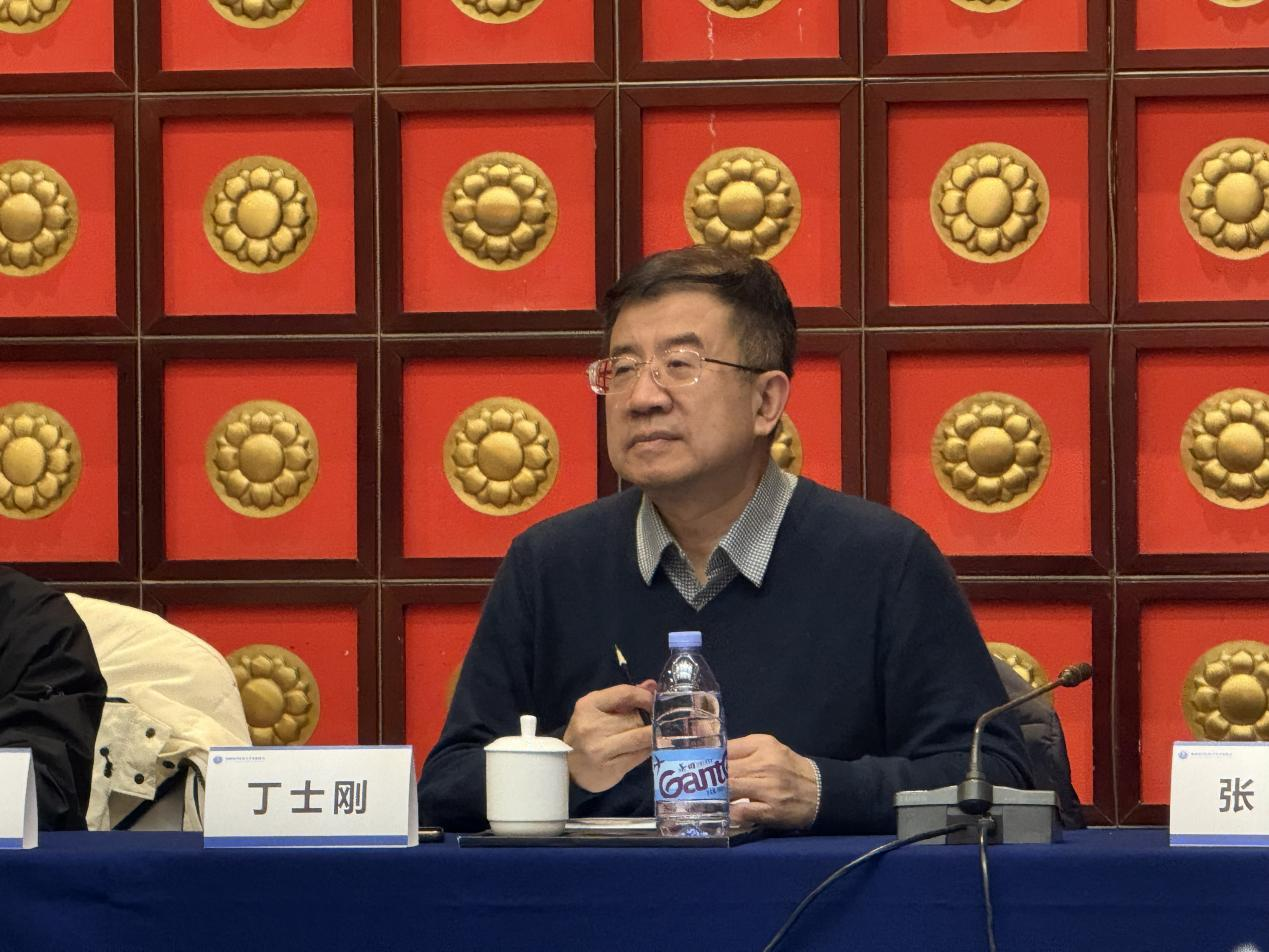
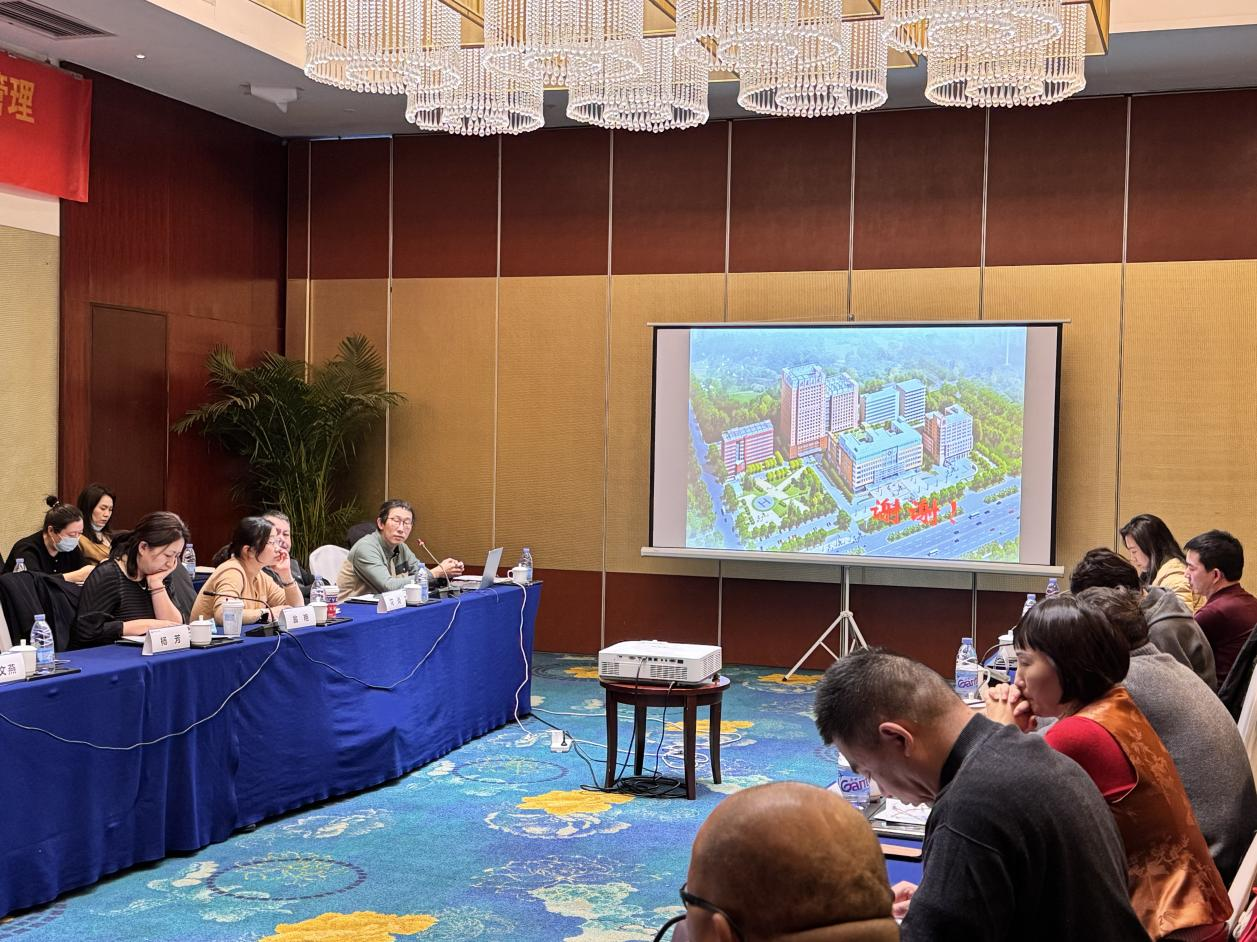
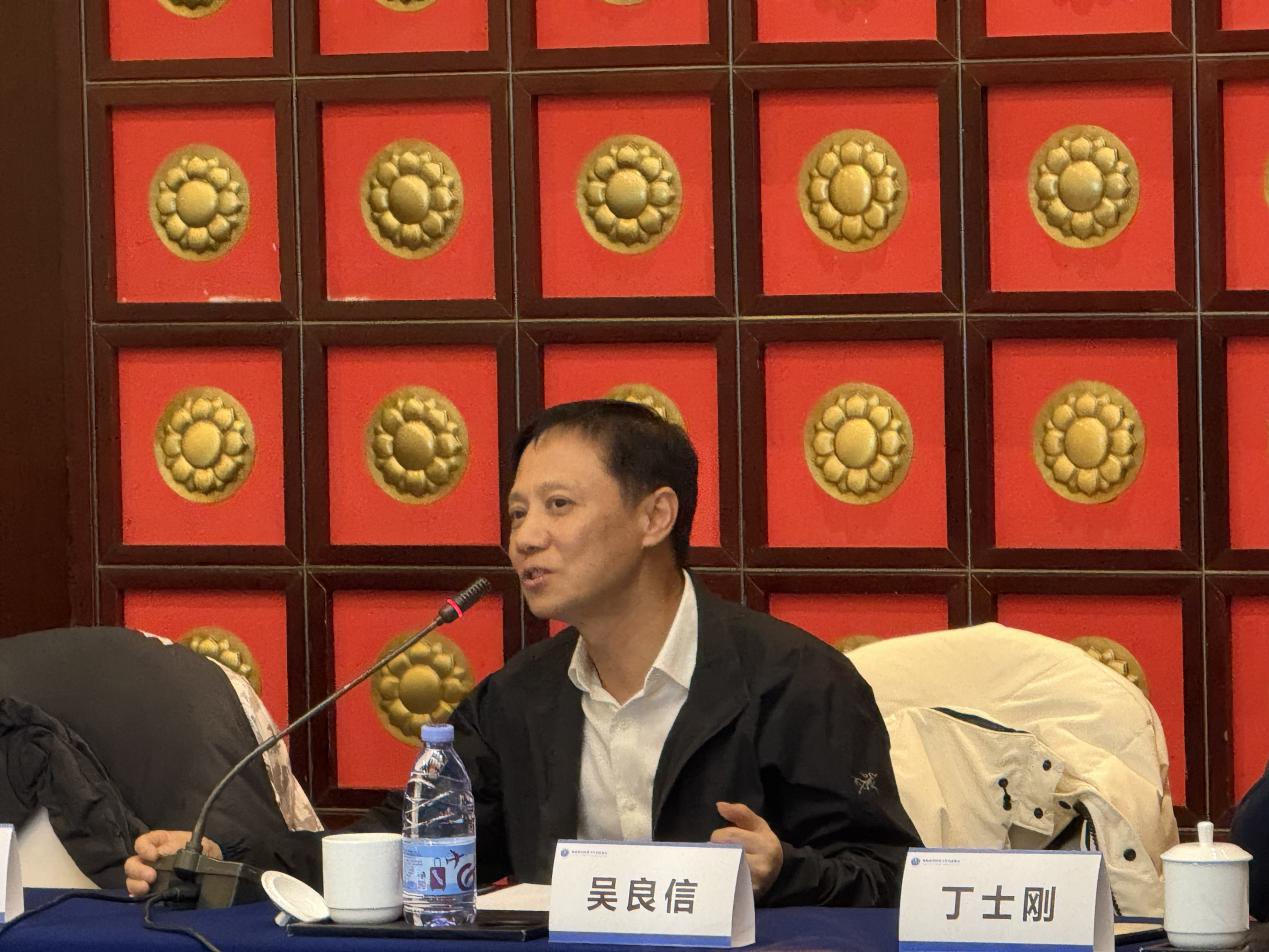
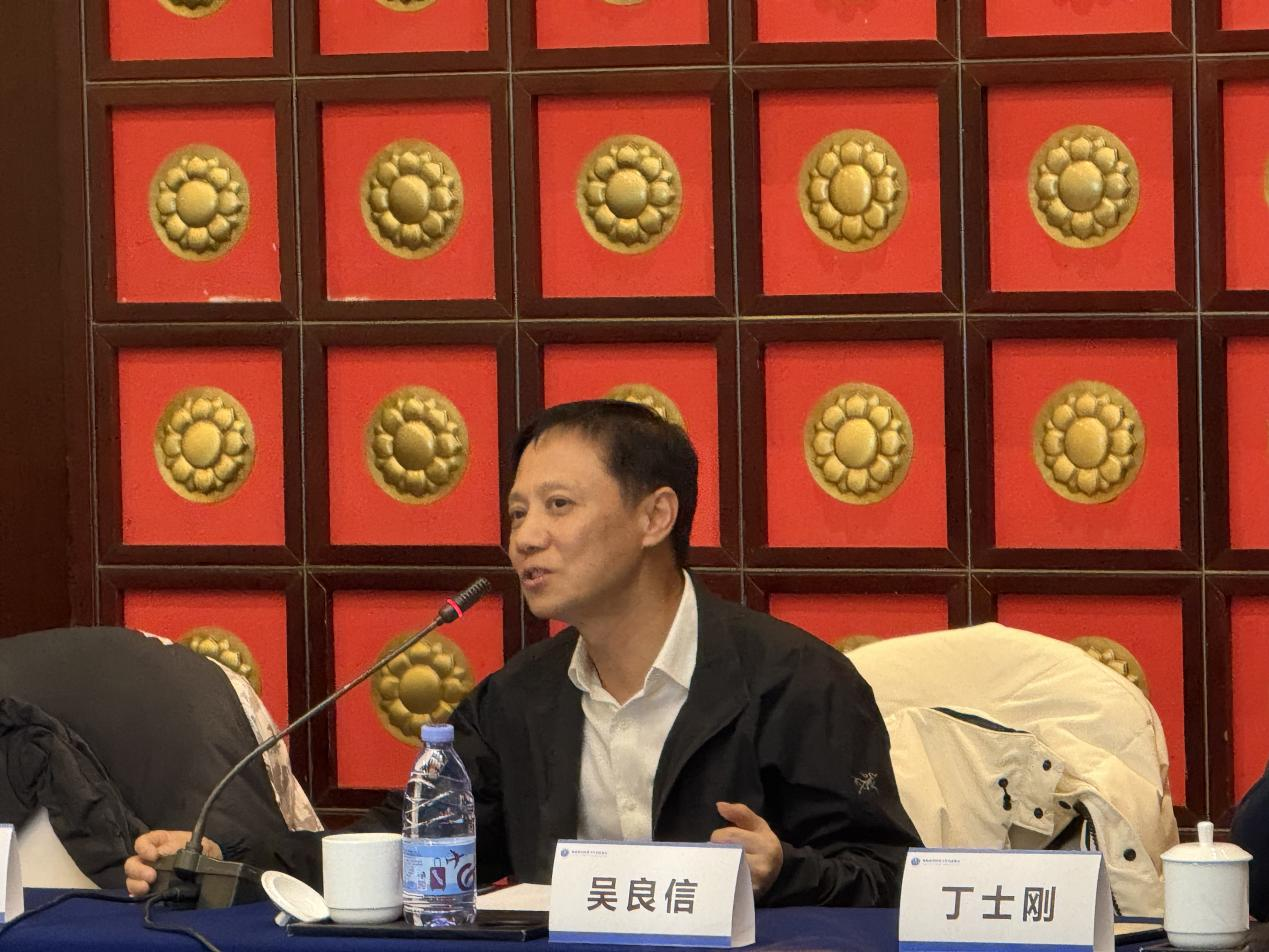
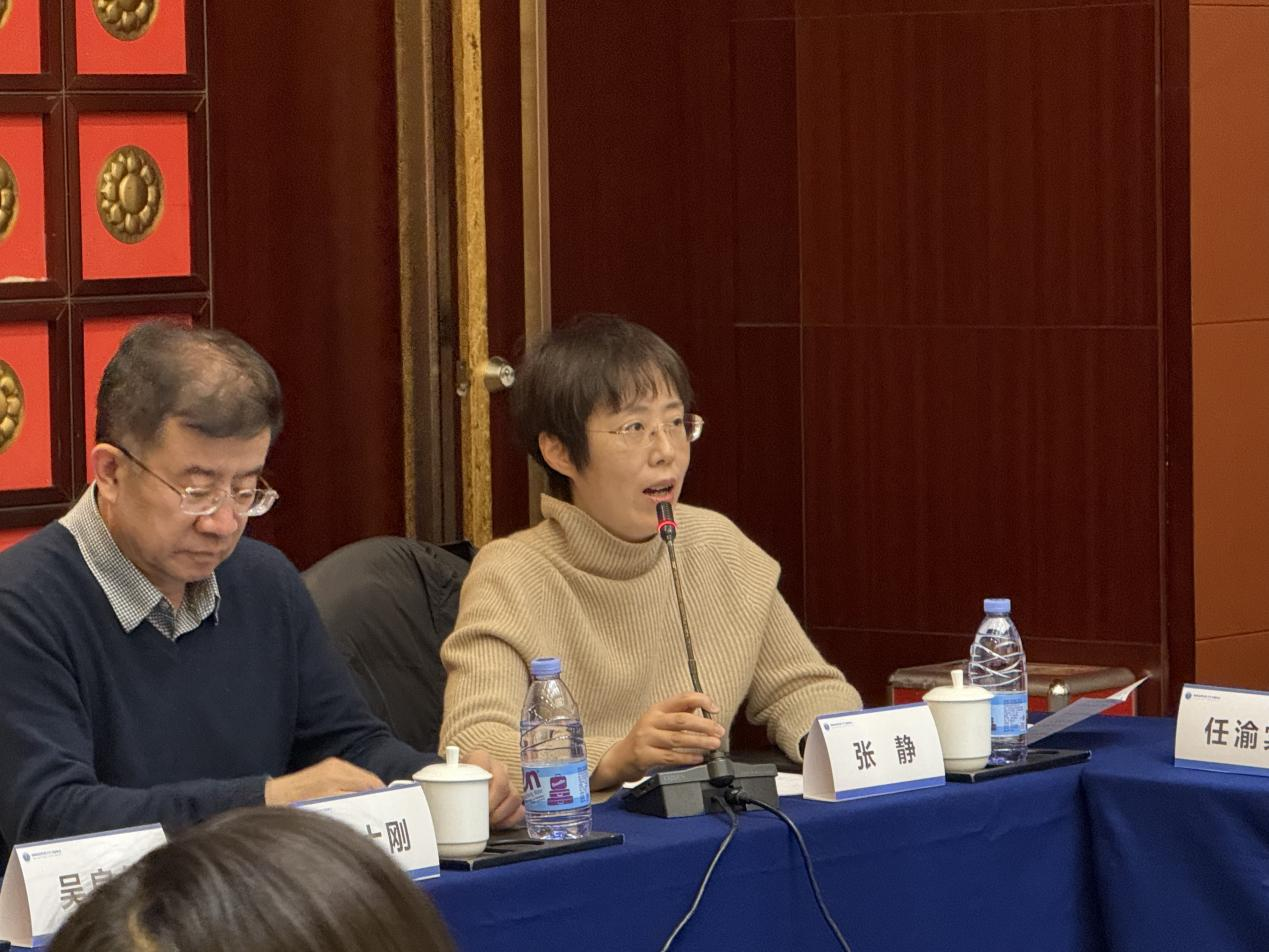
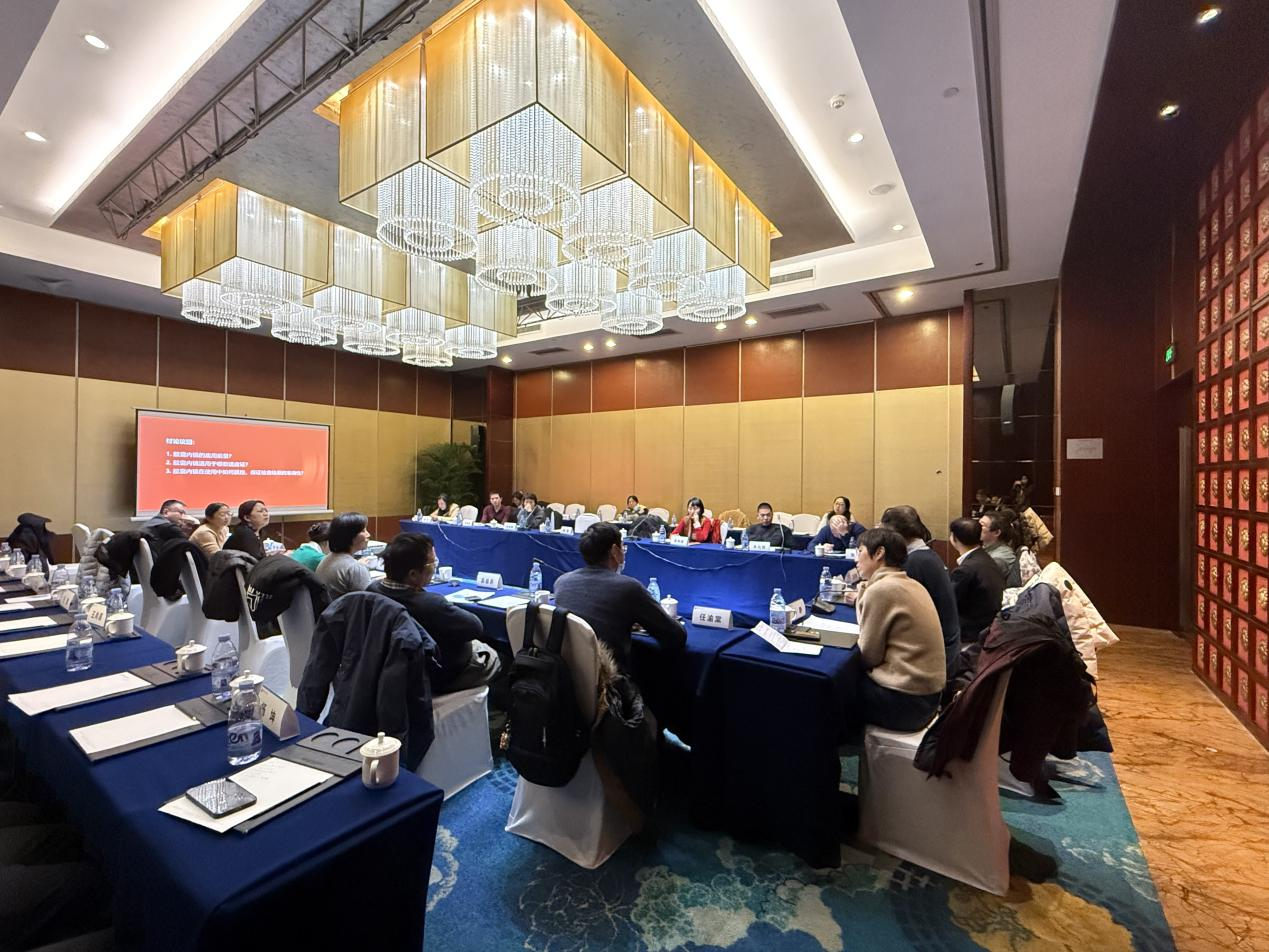
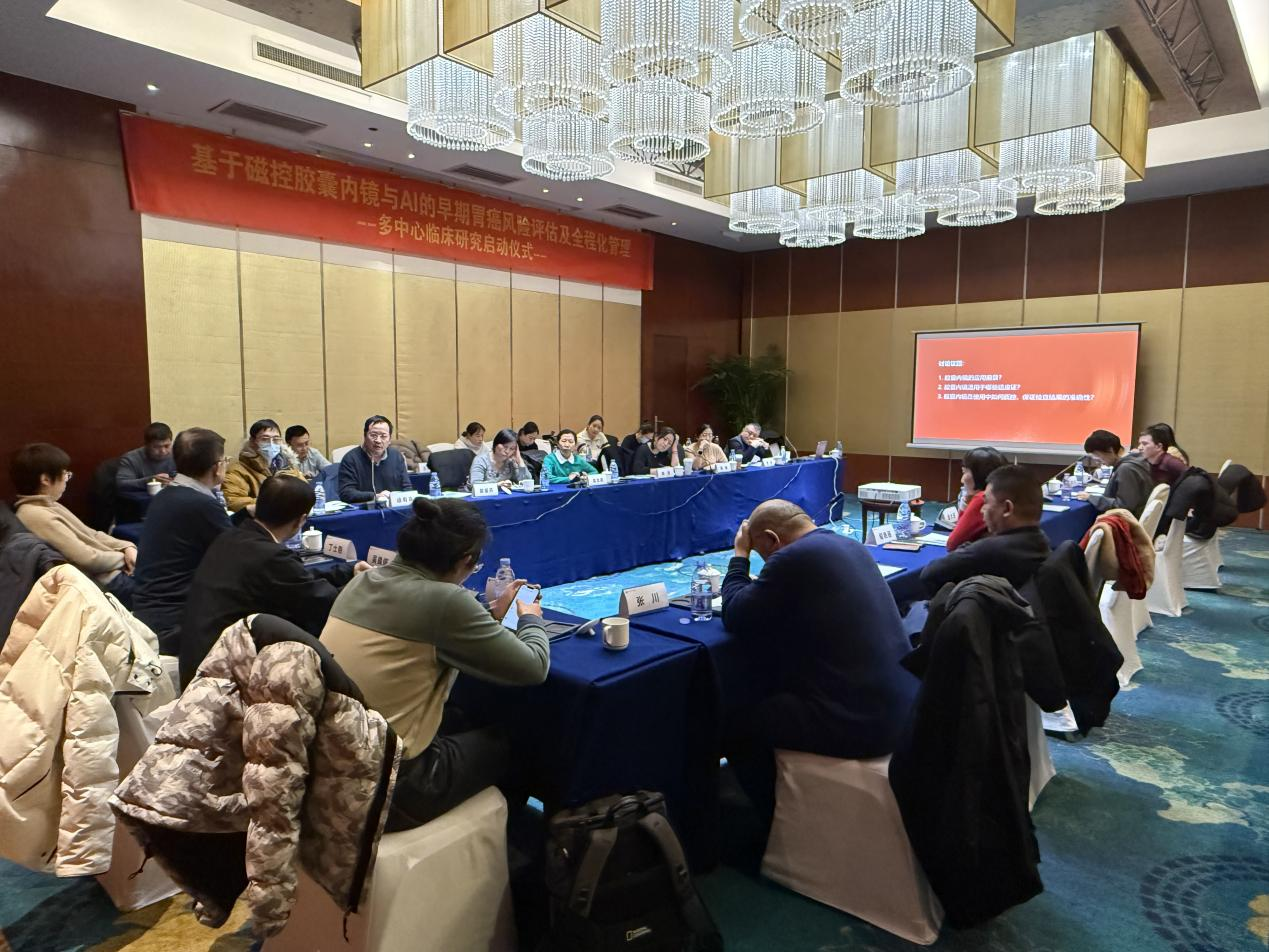 During the conference, experts delved into how artificial intelligence (AI) technology optimizes the image recognition and diagnostic process of capsule endoscopy. Through extensive training with large volumes of clinical data, AI can rapidly and accurately identify subtle lesions in the gastric mucosa, including early precancerous changes. Its accuracy significantly surpasses that of traditional manual review, greatly reducing the risks of missed and misdiagnoses, thereby providing strong support for the early detection of gastric cancer.
During the conference, experts delved into how artificial intelligence (AI) technology optimizes the image recognition and diagnostic process of capsule endoscopy. Through extensive training with large volumes of clinical data, AI can rapidly and accurately identify subtle lesions in the gastric mucosa, including early precancerous changes. Its accuracy significantly surpasses that of traditional manual review, greatly reducing the risks of missed and misdiagnoses, thereby providing strong support for the early detection of gastric cancer.
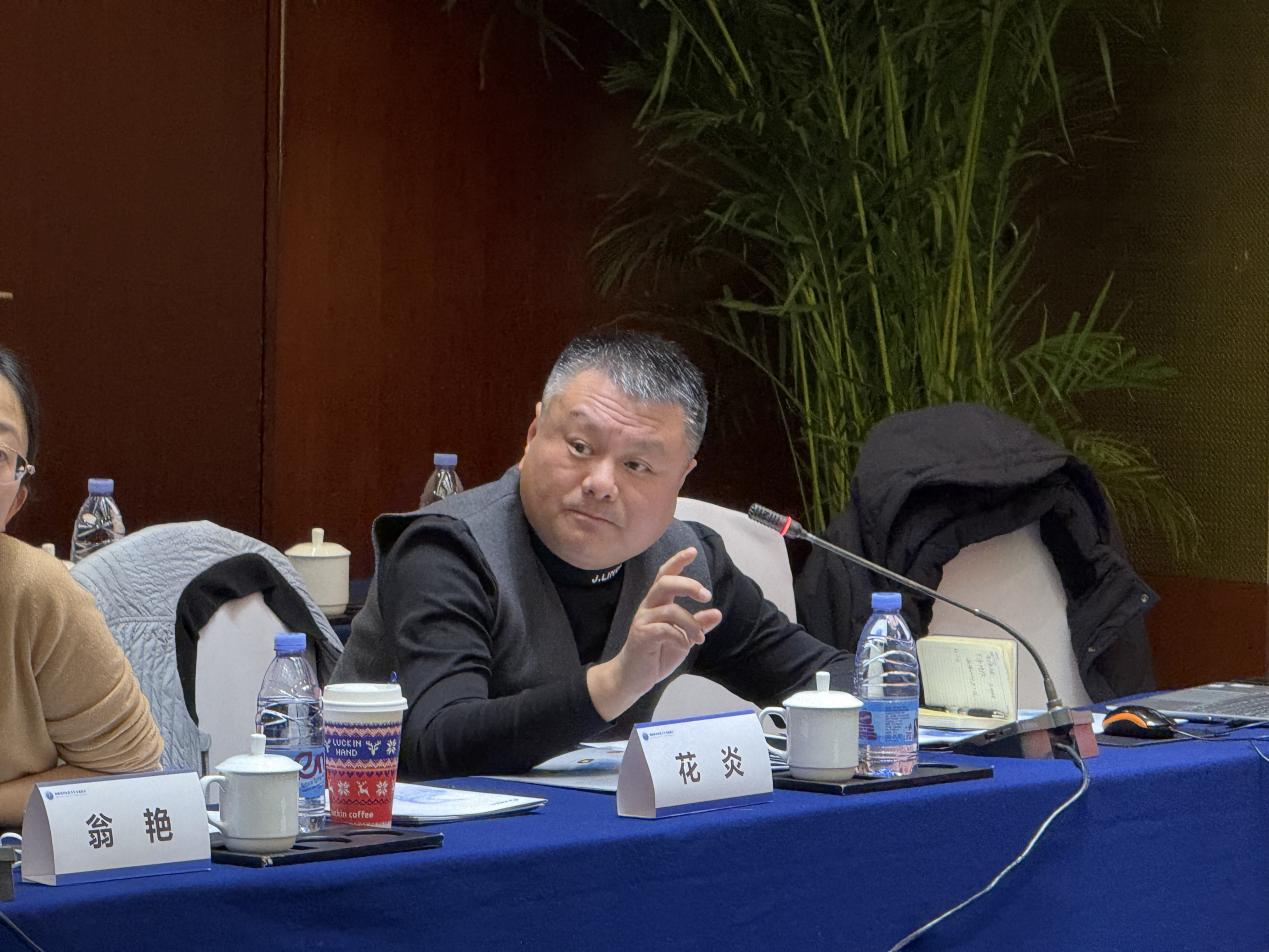
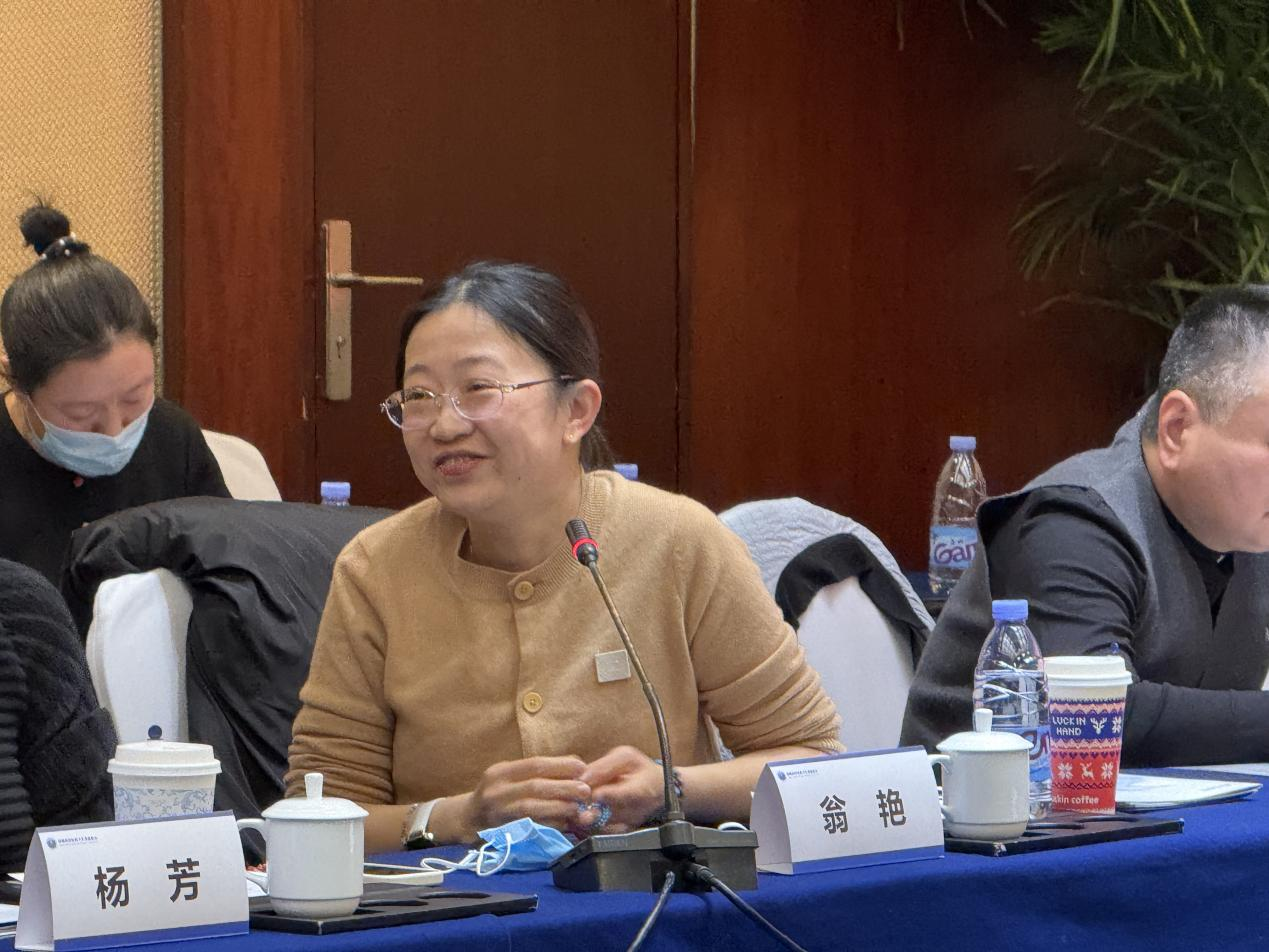

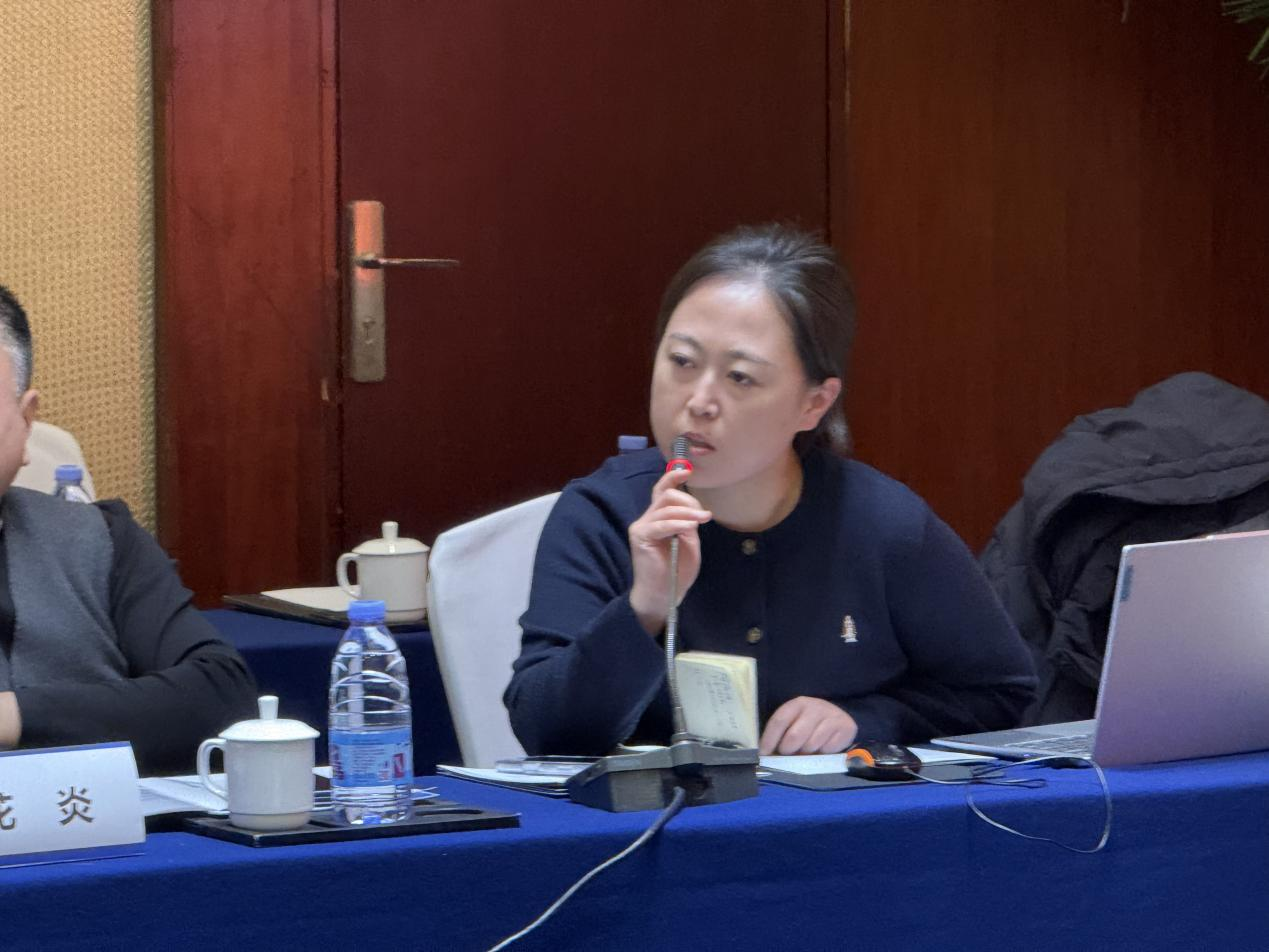
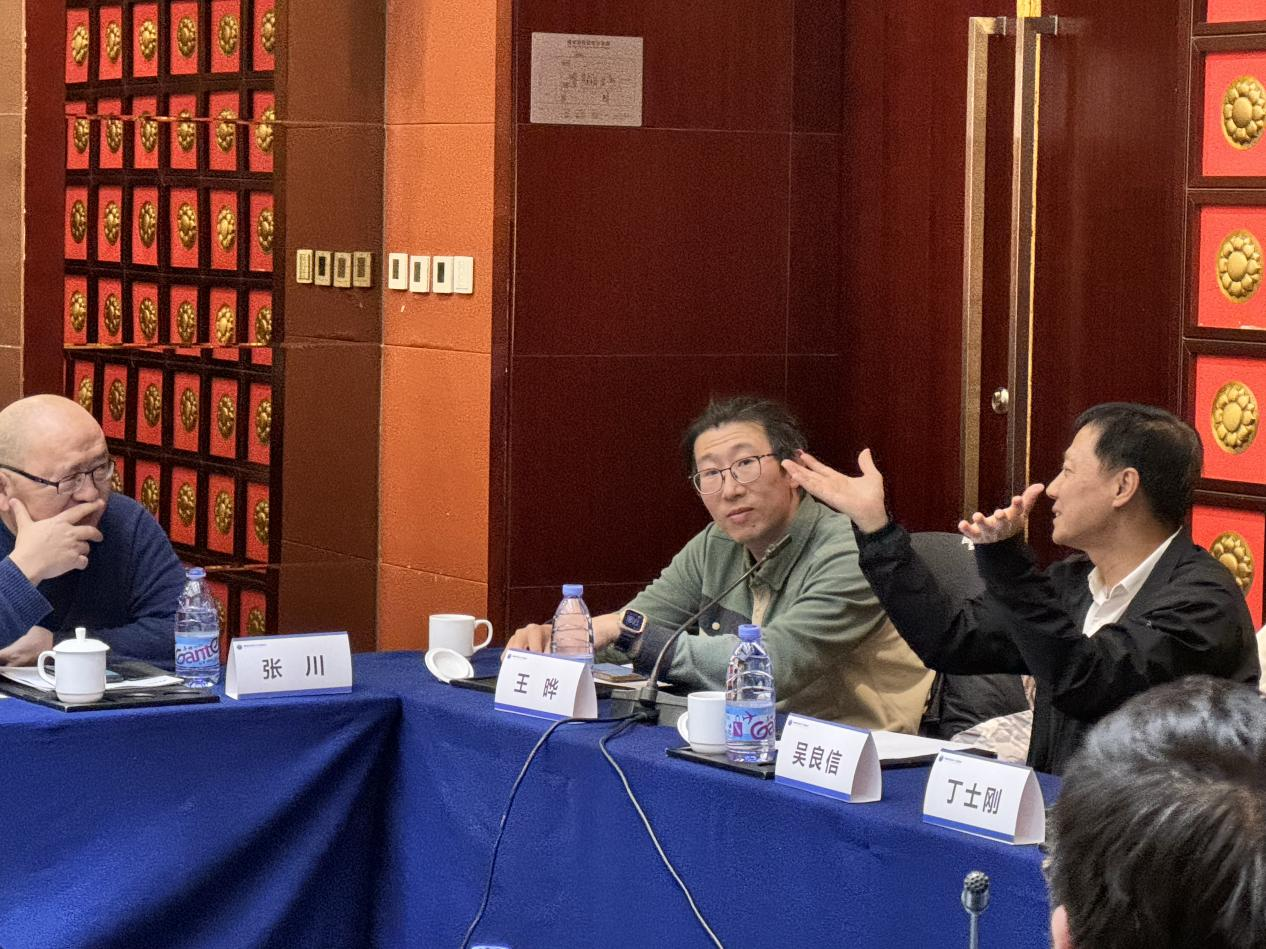
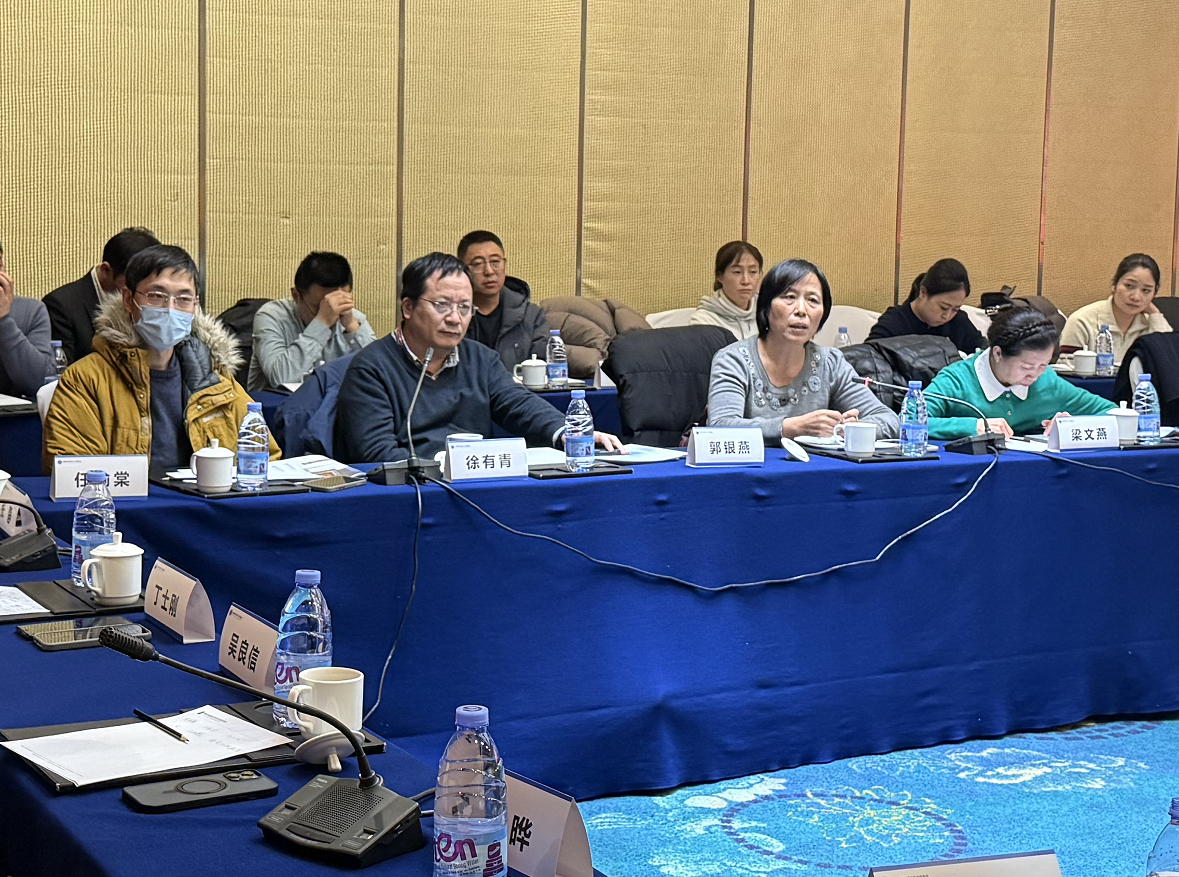
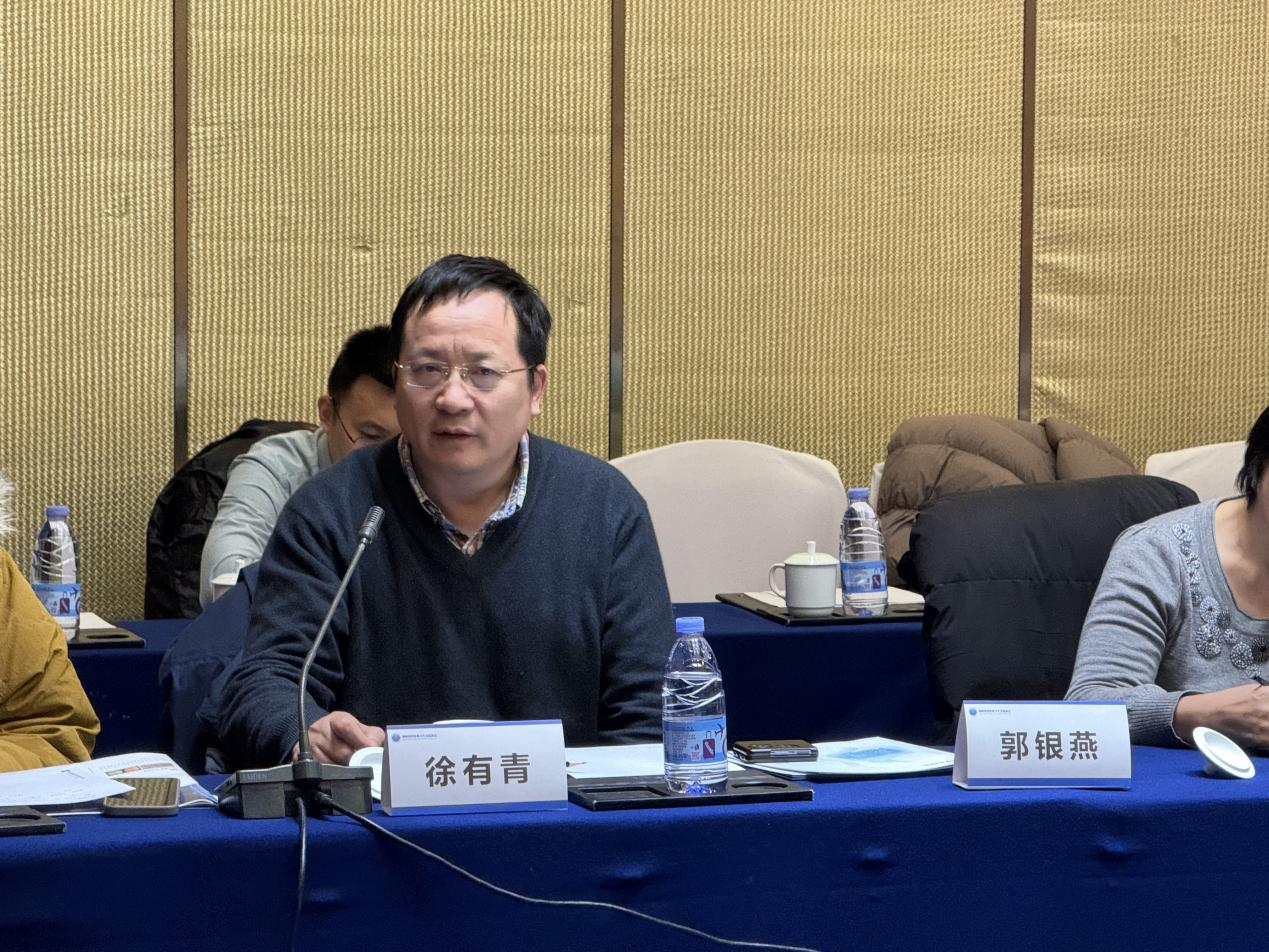
From the patient experience perspective, the painless and non-invasive advantages of capsule endoscopy, combined with the efficient diagnostic capabilities of artificial intelligence (AI), have significantly enhanced the acceptance and compliance of gastric cancer early screening.Clinical cases shared on-site demonstrated that many patients, after comfortably completing their examinations, had potential issues promptly detected through AI-assisted diagnostics and quickly transitioned into subsequent precision management processes. These processes included personalized follow-up plans, arrangements for further diagnostic examinations, and the formulation of early intervention treatment plans, creating a seamless full-process management model that links screening, diagnosis, and treatment.
The successful hosting of this conference is not only a grand event of academic exchange but also promotes the clinical practice transformation of artificial intelligence (AI) + capsule endoscopy technology in the field of early gastric cancer screening.
All parties involved in the conference have reached a consensus to further strengthen cooperation, expand the scope of technology application, and optimize the full-process management path. It is hoped that through early screening and effective intervention, the incidence and mortality rates of gastric cancer can be reduced,Start a new era of gastric cancer prevention and treatment.


The conference was chaired by Director Zhang Jing from the Department of Gastroenterology at Peking University Third Hospital. Director Ding Shigang from the Peking University Digestive Disease Research Center delivered the opening remarks. Director Wang Ye from the Department of Gastroenterology at Peking University Third Hospital provided an overall introduction to the project. Subsequently, Director Zhang Chuan from the Department of Gastroenterology at Beijing Tongren Hospital, Director Xu Youqing from the Department of Gastroenterology at Beijing Tiantan Hospital, Director Guo Yanyan from the Department of Gastroenterology at Haidian District Hospital, Director Zhu Yuanmin from the Department of Gastroenterology at Beijing Aerospace Center Hospital, Director Cheng Yanli from the Department of Gastroenterology at Beijing Huaxin Hospital, and Director Ren Yutang from the Department of Gastroenterology at Tsinghua Changgong Hospital, among other experts, delivered speeches. Over twenty experts in the fields of gastroenterology and health check-ups discussed the details of the project. The launch of this ceremony marks another solid step forward for JIFU Medical in the field of early gastric cancer screening.






 During the conference, experts delved into how artificial intelligence (AI) technology optimizes the image recognition and diagnostic process of capsule endoscopy. Through extensive training with large volumes of clinical data, AI can rapidly and accurately identify subtle lesions in the gastric mucosa, including early precancerous changes. Its accuracy significantly surpasses that of traditional manual review, greatly reducing the risks of missed and misdiagnoses, thereby providing strong support for the early detection of gastric cancer.
During the conference, experts delved into how artificial intelligence (AI) technology optimizes the image recognition and diagnostic process of capsule endoscopy. Through extensive training with large volumes of clinical data, AI can rapidly and accurately identify subtle lesions in the gastric mucosa, including early precancerous changes. Its accuracy significantly surpasses that of traditional manual review, greatly reducing the risks of missed and misdiagnoses, thereby providing strong support for the early detection of gastric cancer.






From the patient experience perspective, the painless and non-invasive advantages of capsule endoscopy, combined with the efficient diagnostic capabilities of artificial intelligence (AI), have significantly enhanced the acceptance and compliance of gastric cancer early screening.Clinical cases shared on-site demonstrated that many patients, after comfortably completing their examinations, had potential issues promptly detected through AI-assisted diagnostics and quickly transitioned into subsequent precision management processes. These processes included personalized follow-up plans, arrangements for further diagnostic examinations, and the formulation of early intervention treatment plans, creating a seamless full-process management model that links screening, diagnosis, and treatment.
The successful hosting of this conference is not only a grand event of academic exchange but also promotes the clinical practice transformation of artificial intelligence (AI) + capsule endoscopy technology in the field of early gastric cancer screening.
All parties involved in the conference have reached a consensus to further strengthen cooperation, expand the scope of technology application, and optimize the full-process management path. It is hoped that through early screening and effective intervention, the incidence and mortality rates of gastric cancer can be reduced,Start a new era of gastric cancer prevention and treatment.

